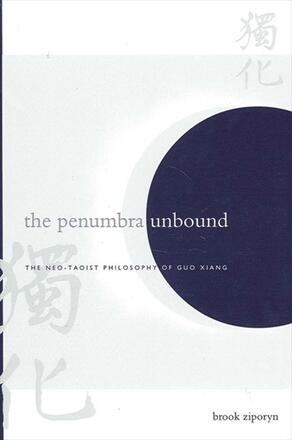
The Penumbra Unbound
The Neo-Taoist Philosophy of Guo Xiang
Alternative formats available from:
Explores the work of Guo Xiang, a Neo-Taoist thinker who developed a radical philosophy of freedom and spontaneity.
Description
The Penumbra Unbound is the first English language book-length study of the Neo-Taoist thinker Guo Xiang (d. 312 C. E.), commentator on the classic Taoist text, the Zhuangzi. The author explores Guo's philosophy of freedom and spontaneity, explains its coherence and importance, and shows its influence on later Chinese philosophy, particularly Chan Buddhism. The implications of his thought on freedom versus determinism are also considered in comparison to several positions advanced in the history of Western philosophy, notably those of Spinoza, Kant, Schopenhauer, Fichte, and Hegel. Guo's thought reinterprets the classical pronouncements about the Tao so that it in no way signifies any kind of metaphysical absolute underlying appearances, but rather means literally "nothing. " This absence of anything beyond appearances is the first premise in Guo's development of a theory of radical freedom, one in which all phenomenal things are "self-so," creating and transforming themselves without depending on any justification beyond their own temporary being.
Brook Ziporyn is Assistant Professor of Religion and Philosophy at Northwestern University.